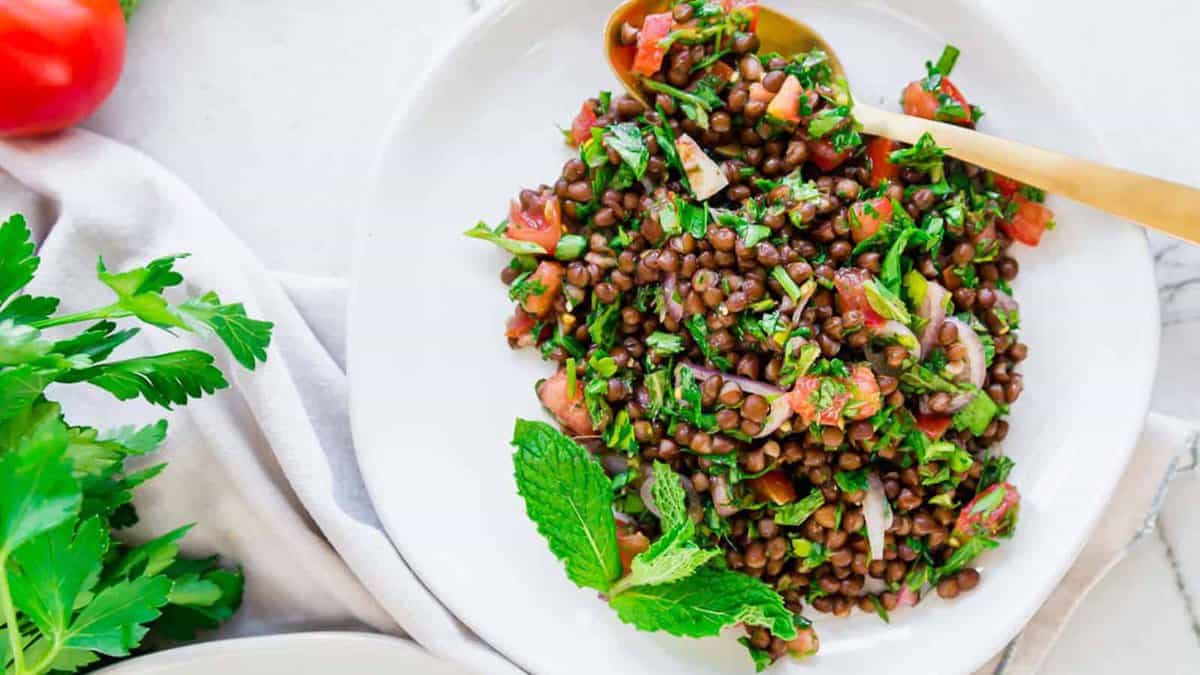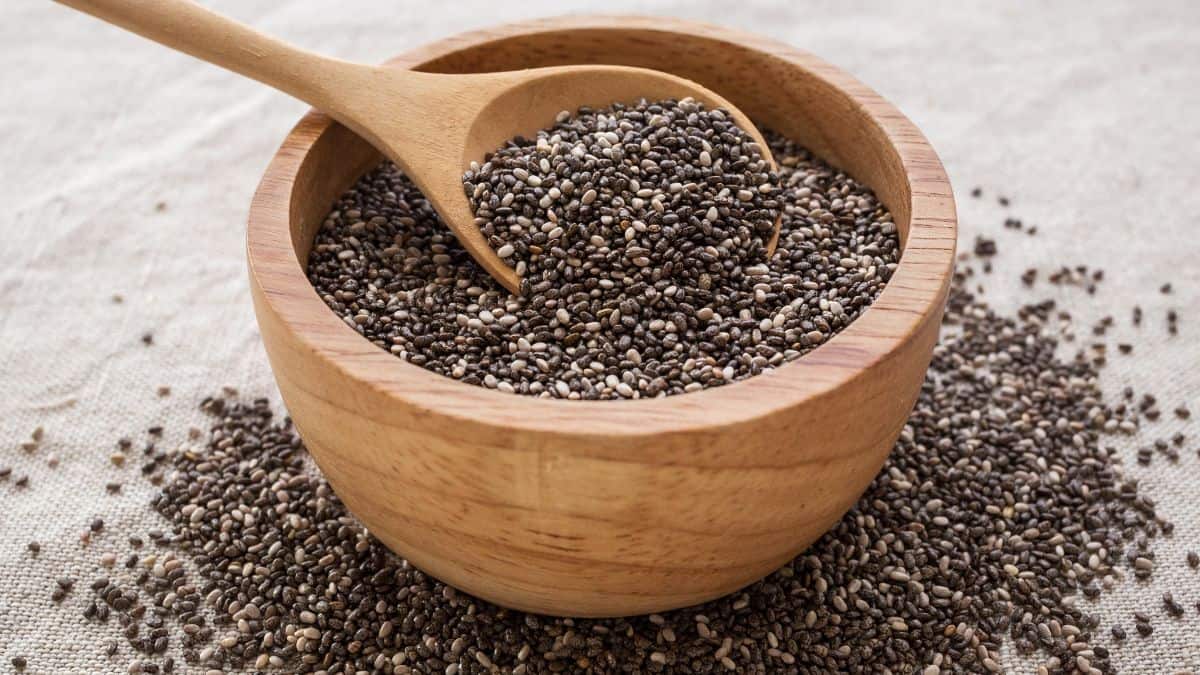Some foods don’t need a label to tell you they’re good for you. They’re packed with nutrients, easy to find, and don’t come with a long list of additives. These one-ingredient staples deliver real benefits—more energy, better digestion, stronger immunity—without the gimmicks.

Avocado

Avocados are a nutrient-dense fruit packed with heart-healthy monounsaturated fats, which help reduce bad cholesterol levels and support cardiovascular health. They are also rich in potassium—containing more than a banana—making them excellent for maintaining healthy blood pressure. The high fiber content aids digestion, while the abundance of vitamin E and folate supports skin health and brain function. Avocados also contain lutein and zeaxanthin, antioxidants crucial for eye health.
Blueberries

Blueberries are often called a superfood due to their high levels of antioxidants, specifically anthocyanins, which help reduce oxidative stress and lower inflammation in the body. They are an excellent source of vitamin C, which boosts immune function and supports collagen production for skin health. Blueberries have also been linked to improved cognitive function and may help reduce the risk of neurodegenerative diseases like Alzheimer’s.
Salmon

Salmon is one of the best dietary sources of omega-3 fatty acids, which are essential for brain function, reducing inflammation, and promoting heart health. It is also high in high-quality protein, B vitamins, and selenium, which support metabolism and immune function. Wild-caught salmon tends to be richer in omega-3s and lower in contaminants than farmed varieties. Regular consumption of salmon has been linked to a reduced risk of heart disease, improved mental clarity, and joint health.
Spinach

This leafy green is packed with vitamins A, C, and K, as well as iron, folate, and calcium. It is one of the best plant-based sources of iron, making it beneficial for those at risk of anemia. The high levels of lutein and zeaxanthin in spinach contribute to eye health, while its nitrates help lower blood pressure. Spinach is also loaded with antioxidants, which help protect against chronic diseases like cancer and heart disease.
Almonds

Almonds are an excellent source of healthy fats, vitamin E, magnesium, and fiber. They have been shown to reduce LDL cholesterol levels, which is crucial for heart health. Magnesium in almonds plays a role in muscle function, nerve function, and blood sugar regulation. Regular consumption of almonds has been linked to improved cognitive function and a reduced risk of type 2 diabetes.
Sweet Potatoes

Sweet potatoes are rich in beta-carotene, which the body converts into vitamin A, essential for vision, immune health, and skin integrity. They are also high in fiber, supporting gut health and stabilizing blood sugar levels. Compared to white potatoes, sweet potatoes have a lower glycemic index, making them a better option for blood sugar control.
Lentils

Lentils are one of the best plant-based sources of protein and fiber, making them an excellent choice for vegetarians and those looking to improve gut health. They are also high in folate, iron, and polyphenols, which have been shown to reduce inflammation and protect against heart disease. Lentils have a low glycemic index, making them beneficial for blood sugar control.
Eggs

Eggs are a complete protein source, meaning they contain all nine essential amino acids. They are also one of the richest sources of choline, which supports brain function and liver health. The lutein and zeaxanthin in egg yolks contribute to eye health, while their vitamin D content supports bone health. Despite past concerns about cholesterol, studies have shown that eggs do not negatively impact heart health in most people.
Broccoli

Broccoli is a cruciferous vegetable loaded with vitamins C, K, and folate, as well as fiber and antioxidants. It contains sulforaphane, a compound known for its potential cancer-fighting properties. Studies suggest that regular consumption of broccoli can support heart health, improve digestion, and boost immune function.
Chia Seeds

Chia seeds are an excellent source of omega-3 fatty acids, fiber, and plant-based protein. They expand in liquid, forming a gel-like consistency that promotes hydration and gut health. Chia seeds are also rich in calcium and magnesium, which support bone health. Their high fiber content can help regulate digestion and blood sugar levels.
Garlic

Garlic contains allicin, a sulfur compound known for its immune-boosting, antibacterial, and anti-inflammatory properties. Studies have shown that garlic may help lower blood pressure, reduce LDL cholesterol, and support heart health. It is also rich in manganese, vitamin B6, vitamin C, and selenium, all of which contribute to overall health and longevity.
Kale

Kale is one of the most nutrient-dense leafy greens, offering high amounts of vitamins A, C, and K, as well as calcium and powerful antioxidants. It supports bone health, immune function, and heart health while providing fiber to aid digestion. Kale is also a great source of plant-based omega-3s and contains glucosinolates, compounds that may help reduce inflammation and protect against certain diseases.
Quinoa

Quinoa is a complete plant-based protein, meaning it contains all nine essential amino acids. It is high in fiber, iron, magnesium, and B vitamins, making it an excellent grain alternative for those looking to improve their nutrient intake. Quinoa also has anti-inflammatory properties and helps regulate blood sugar levels, making it a good choice for those managing diabetes.
Greek Yogurt

Greek yogurt is a protein-rich dairy product that is also an excellent source of probiotics, which support gut health and digestion. It is high in calcium, promoting strong bones, and contains B vitamins, which are essential for energy metabolism. Unlike regular yogurt, Greek yogurt has a higher protein content and lower sugar levels, making it a healthier option.
Mushrooms

Mushrooms are one of the few plant-based sources of vitamin D, which is essential for bone health and immune function. They are also high in antioxidants, including ergothioneine and glutathione, which help reduce oxidative stress and inflammation. Certain mushroom varieties, such as shiitake and maitake, contain beta-glucans that support immune health and may have anti-cancer properties.
15 Foods To Add To Your Diet For All-Day Energy

If you’re feeling sluggish before lunch or crashing hard in the afternoon, it’s probably time to rethink what’s on your plate. Good energy goes beyond caffeine and sugar, it’s about feeding your body the right stuff to keep you going without the rollercoaster dips. From simple pantry staples to power-packed snacks, the right foods can turn your day around. Forget the crash diets and empty carbs. Here’s a lineup of ingredients that can help you stay energized and keep up with whatever your day throws at you.
Read it Here: 15 Foods To Add To Your Diet For All-Day Energy
10 Anti-Inflammatory Foods That Actually Live Up To The Hype

The foods you eat play a major role in managing how your body feels and functions. While there’s plenty of hype around foods that don’t deserve it, there are also certain ingredients that actively help reduce inflammation too. These aren’t just buzzwords from a health blog—they’re backed by research showing their ability to support recovery, balance stress, and improve overall health. By incorporating these foods into your diet, you might be keeping up with trends, but you’re also making choices that can lead to real improvements in how you feel every day.
Read it Here: 10 Anti-Inflammatory Foods That Actually Live Up To The Hype
Gina Matsoukas is an AP syndicated writer. She is the founder, photographer and recipe developer of Running to the Kitchen — a food website focused on providing healthy, wholesome recipes using fresh and seasonal ingredients. Her work has been featured in numerous media outlets both digital and print, including MSN, Huffington post, Buzzfeed, Women’s Health and Food Network.








